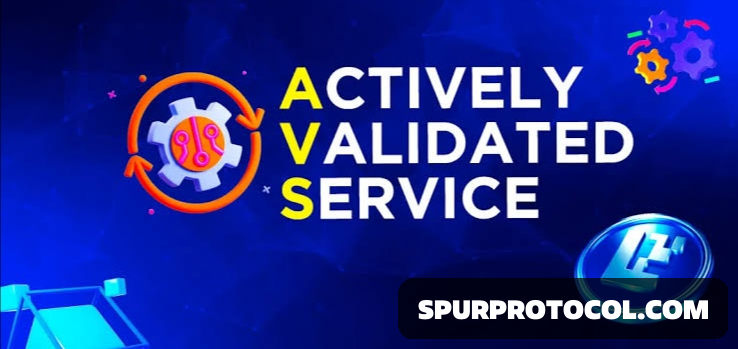What Are Actively Validated Services (AVS)
Actively Validated Services represent an interesting evolution in the management and maintenance of digital services.
Go Back

🕒 7:27 PM
📅 May 08, 2025
✍️ By Ecojames
Actively Validated Services (AVS) are a noteworthy advancement in the realm of digital service management and upkeep.
Types of AVSs
1. Data availability layers
Data availability layers exist to solve the challenge of data availability in the Ethereum ecosystem. Data availability layers provide a decentralized off-chain solution for data storage that ensures it is reliably available at all times of need.
One example of a data availability AVS is EigenDA.
2. Interoperability protocols
Bridges and interoperability protocols play a crucial role in the ability to move assets and data between different sovereign blockchain networks. However, as independent protocols with their own rules, they once became popular targets for attackers. The shared security of restaking is, therefore, an important development for blockchain interoperability.
3. Oracle networks
Oracle networks are necessary for the operation of any dApp that relies on off-chain data most typically, price and market data or random number generation. Decentralized oracle networks source this data from an array of off-chain sources so it can be cross-checked and verified by a network as genuine.
4. Settlement and consensus layers
Settlement and consensus layers can be set up as an AVS to benefit from the shared security, incentives, and reduced fragmentation that it offers compared to operating a standalone consensus. This gives freedom to developers to choose from a wide array of solutions that suit different use case demands, considering factors such as speed, fees, security demands, and more.
Key Features of AVS
1. Continuous monitoring: AVS involve real-time tracking of system operations. This continuous oversight helps in the early detection of anomalies and deviations from expected behavior.
2. Automated validation: Automated tools and scripts regularly test and verify various aspects of the system, ensuring compliance with predefined standards and requirements.
3. Proactive issue detection: By continuously validating the system, AVS can identify potential issues before they escalate, allowing for timely interventions.
4. Enhanced security: Regular security checks and validation help identify vulnerabilities, ensuring that security measures are up-to-date and reducing the risk of breaches.
5. Improved reliability and performance: Continuous validation ensures that the service remains reliable and performs optimally, meeting service level agreements (SLAs) and user expectations.
6. Compliance and auditing: AVS facilitate compliance with industry regulations and standards through ongoing validation and documentation of system operations.
7. User trust: Demonstrating a commitment to continuous improvement and reliability, AVS can enhance user trust and satisfaction.

